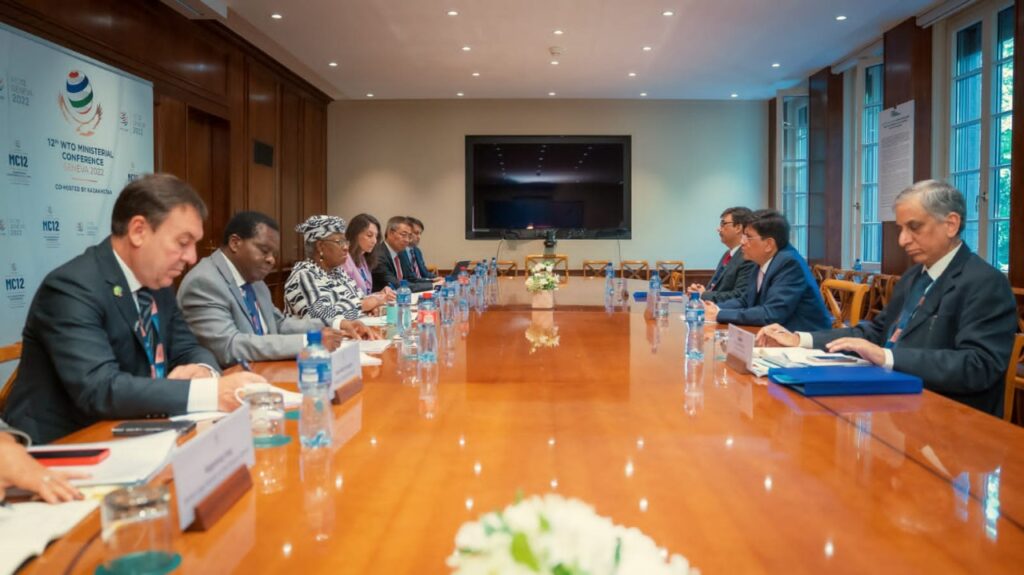Ahead of the 13th WTO Ministerial Conference (MC13) to be held from February 26 to 29, 2024 in Abu Dhabi, United Arab Emirates, India has announced its intention to take up the Carbon Border Adjustment Mechanism (CBAM) at the ministerial meeting. . Strive to ensure that the WTO Guiding Principles are upheld in WTO MC13. India's stand, categorically stated by Commerce and Industry Minister Piyush Goyal, comes in the wake of attempts to include issues that are not part of global trade in the WTO. The WTO MC13 also comes in the midst of a global economic slowdown and turmoil exacerbated by the ongoing war in Ukraine, the conflict between Israel and Hamas, and violence incited by non-state actors in the Red Sea, all of which are disrupting global trade. It makes you vulnerable.
New Delhi says the WTO is critical to a fair and robust multilateral trading system, even as it pushes to make necessary reforms and strengthen the organization amid concerns over the CBAM issue and European Union taxation. I have always maintained that it is important. At a meeting of the Committee on Trade and Technical Barriers (TBT) from 6 to 10 November 2023, India will ensure that products that may be linked to deforestation and forest degradation are not placed on the EU market or before they are exported. expressed concern about recent EU regulations setting out conditions for Products from the EU market. According to insights from the World Trade Research Initiative, India's top priorities for MC13 include a permanent solution to a public shareholding program that calls for flexibility in food procurement and pricing, which is critical to India's food security needs. This includes ensuring that
The PSH program is a policy tool by which the government procures crops such as rice and wheat from farmers at minimum support price (MSP), stores food grains and distributes them to the poor. India also provides affordable rice and wheat to more than 800 million people under the Pradhan Mantri Garib Kalyan Anna Yojana, making it the largest country of its kind. Food procurement, inventory and distribution are critical to India's food security strategy, and India has maintained that finding solutions to PSH is a long-standing WTO mandate and should be prioritized at MC13. GTRI founder Ajay Srivastava said India may seek to treat the PSH program as a “green box” aid that would be exempt from reduction obligations. This would provide legal guarantees to implement PSH programs without violating WTO domestic support limits. Another goal could be the freedom to set minimum prices and procurement levels based on India's food security needs. This includes avoiding limits based on a percentage of production value and reference prices based on outdated data.
According to the community


